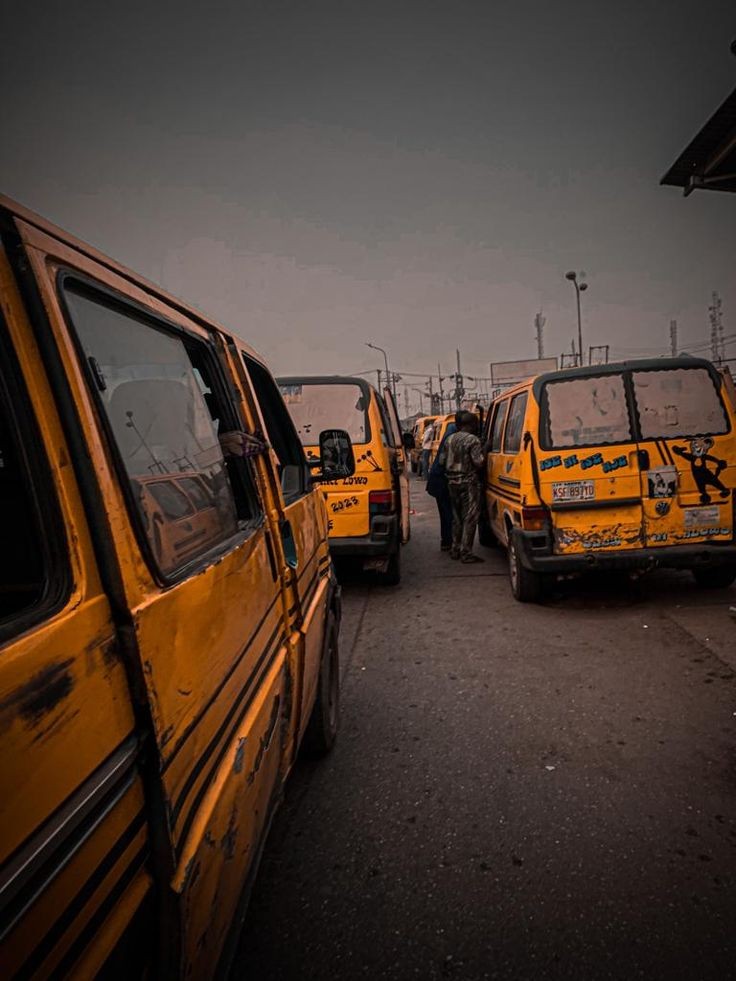How State Budgets Shape Your Daily Life In Nigeria 2025
Introduction
For many Nigerians, the word “budget” feels like something meant for politicians, economists, or financial analysts—not everyday citizens. It’s a word that often comes with long documents filled with numbers, technical terms, and endless pages of government jargon. But here’s the truth: state budgets are not abstract. They shape your everyday life in more ways than you might realise.
From the quality of roads you drive on, to the cost of school fees, to the number of doctors available in your local hospital—budgets are the invisible hands steering the ship of state governance. The good news? You don’t need a degree in economics to understand them. In this 2025 guide, we’ll unpack state budgets in plain language and show how you can track them to hold your leaders accountable.
What Exactly Is A State Budget?
Think of a state budget like a household spending plan but on a much larger scale. Just as you decide how to spend your salary or business income on rent, food, school fees, and transportation, a state decides how to allocate its revenue to different sectors for the year.
State budgets are made up of two main parts:
-
Revenue (money coming in): This can include Internally Generated Revenue (IGR) like taxes, levies, market fees, as well as federal allocations from oil revenue, grants, and loans.
-
Expenditure (money going out): This covers everything the state spends money on road construction, salaries, hospitals, school projects, agricultural programmes, and more.
💡 Quick Fact: In Nigeria, most states still rely heavily on federal allocations, meaning the national oil revenue plays a big role in how much money states have to spend.
2025 Budget Trends Across Nigerian States
Looking at the latest 2025 state budgets, a few trends stand out:
-
Infrastructure Push – More states are prioritising road networks, bridges, and transportation systems to boost commerce.
-
Healthcare Investment – Several states are upgrading hospitals, buying medical equipment, and funding health insurance schemes.
-
Education Reforms – Allocations for teacher training, school rehabilitation, and provision of learning materials are growing.
-
Agricultural Development – There’s renewed focus on irrigation, farm inputs, and rural access roads to help farmers get produce to market.
These focus areas show that while priorities differ, most states are targeting sectors that directly influence citizens’ quality of life.
How Budgets Affect Your Daily Life
It’s easy to think of budgets as something far removed from your reality, but the impact is constant:
Your Child’s Classroom – If a state invests in new school buildings or textbooks, your child benefits. If it cuts education funding, classrooms remain overcrowded and under-equipped.
Hospital Visits – The availability of drugs, the presence of trained nurses, and even whether the X-ray machine works—these depend on budget allocations to the health sector.
Road Safety & Travel Time – Whether you spend one hour or three in traffic can be determined by budget funding for road repairs.
Business Costs – If markets are upgraded and transport routes improved, traders and business owners see reduced costs and better profits.
Transparency and Accountability
Unfortunately, many Nigerians never see the breakdown of their state budget. Some states publish budget documents in hard-to-read formats or hide details altogether. But things are changing—organisations like BudgIT have created simplified budget reports that break complex figures into clear, visual summaries.
Citizens can also access budget data through:
-
State government websites (some now offer “citizen-friendly” versions).
-
Public budget hearings (open to community participation).
-
Civic groups that monitor state spending.
💡 Internal Link Opportunity: Read our full breakdown of 10 Policies Nigerians Want to See in 2025 to learn where citizens want funds allocated.
Practical Steps For Citizens
-
Follow The Money: Don’t just read headlines download the actual budget summary from your state’s Ministry of Finance website.
-
Attend Public Forums: Many states organise budget consultations; show up and speak up.
-
Engage Your Representatives: Ask them how funds are being used in your constituency.
-
Join Budget-Tracking Initiatives: Civil society groups often need volunteers and participants.
Conclusion
State budgets are not just paperwork they are blueprints for your daily life. Understanding them means understanding why your child’s school has no chairs, why your local road has potholes, or why your hospital lacks basic drugs. In 2025, staying informed and engaged could be the difference between being a silent spectator and being a citizen who drives change.








